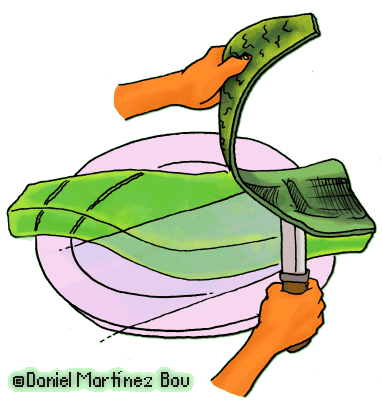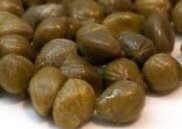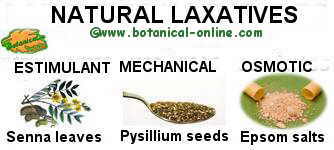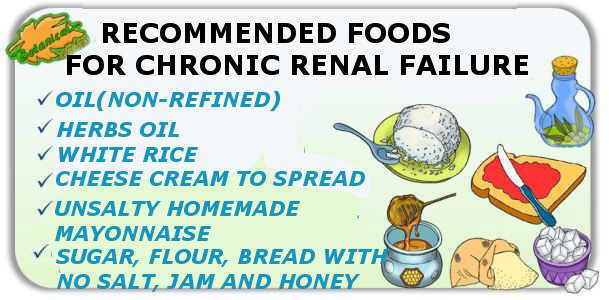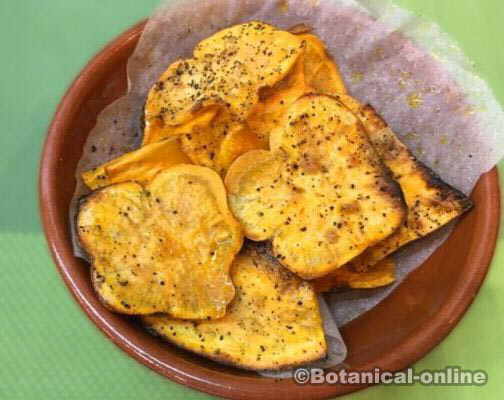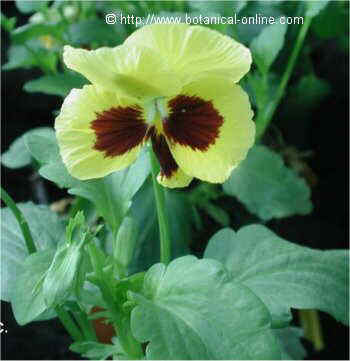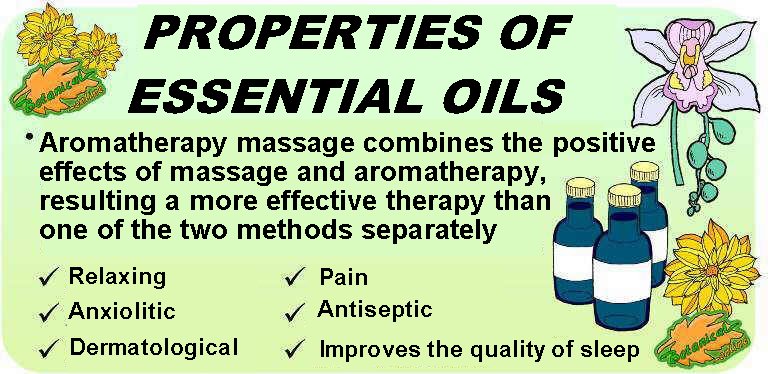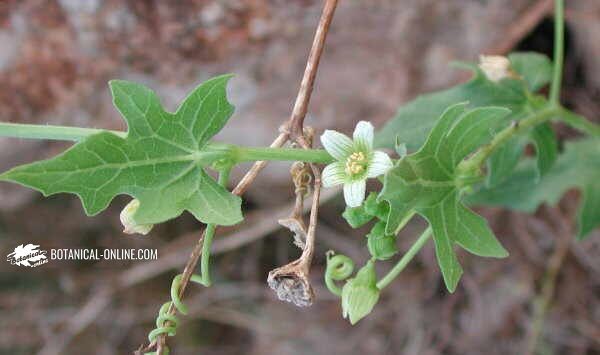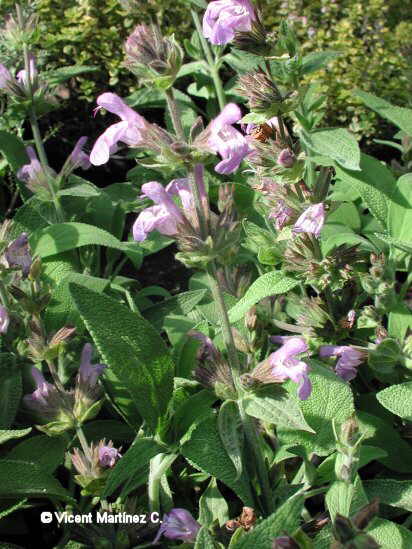Contents
External remedies to cure acne
Medicinal plants for external acne applications
Plants are natural resources that help to improve acne lesions naturally. Their main advantage is that they are more respectful treatments with the skin, as well as effective. There are different remedies, among which the following stand out:
Preparation with astringent and antimicrobial plants
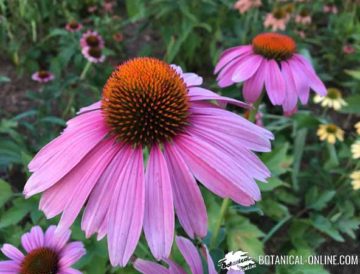
Among the different homemade preparations to improve acne are astringent and antimicrobial plants whose effect is to dry out the skin and protect it from possible infections. In addition, they are healing.
- Echinacea (Echinacea angustifolia): (Wet the affected area with the liquid from the fresh plant. Dilute a few drops of tincture in water and apply with a gauze on the affected area)
- Scots pine (Pinus sylvestris): (Decoction for 10 minutes of 5 tablespoons of dried leaves per liter of water. Let cool and drink 3 cups a day)
- Common juniper (Juniperus communis L.): In addition to alpha-pinene and alpha-terpineol, its oil contains other anti-acne components, such as zinc, selenium, chromium, beta-carotenes and camphor. (Concentrated decoction of the fruits of the plant. Wet a compress with this liquid on the area affected by acne, with a clean compress)
- Horsetail (Equisetum arvense L.): Due to its astringent and bactericidal properties, it helps heal acne. (Decoction of the plant for 20 minutes over low heat: 50-75g per half liter of water. Let cool. Strain, soak a sterile gauze or clean towel and apply on the skin)
- Witch-hazel (Hamamelis virginiana) (Apply a facial massage using a small cotton ball with a few drops of witch-hazel)
- Cypress (Cupressus sempervirens) The astringent properties of this tree can be used for the external treatment of acne. The application of compresses soaked with the liquid resulting from the decoction for ten minutes of three tablespoons of crushed dry twigs per liter of water can help eliminate many symptoms of acne such as pimples, blackheads, etc.
- Mountain arnica (Arnica montana): Wash the affected area with the water resulting from the infusion of a teaspoon of dried plant per cup of water. Put a few drops in a cup of water and wash the area with a clean compress.
- Viper’s bugloss (Echium vulgare L.): Viper’s bugloss seed oil is rich in steanidonic acid. It is used for anti-inflammatory purposes and for the treatment of acne, eczema and to improve the appearance of the skin.
Moisturizing acne skin remedies and pore cleansers

Aloe gel is an excellent skin remedy Aloe vera: Aloe gel has moisturizing and regenerating properties without leaving a greasy residue. Applied on the skin, it is one of the best remedies for the healing of all types of skin lesions. (Apply the aloe gel on the affected area in the morning and at night)
- Common mallow (Malva sylvestris): its mucilaginous fiber content helps remove dirt from pores and cares for the skin (Decoction of flowers. Apply on the face)
- Fenugreek: (Trigonella foenum-graecum) A poultice of fenugreek powder cleanses the skin and promotes the removal of dirt from the skin and the healing of acne.
- Papaya: (Carica papaya) The proteolytic and bactericidal properties of papaya are very useful to eliminate acne pimples or blackheads, preventing them from becoming infected at the same time. Apply a lotion of papaya juice on the affected skin and keep it for 15 minutes. Then clean well with cold water.
- Bitter melon (Momordica charantia): The same application as cucumber. Scientific studies have shown great properties of this plant against acne.
Is lemon good as a skin degreaser?
Lemon is usually recommended for acneic skin because it removes oil from the skin. In addition to its vitamin C content, it is also whitening and helps remove sun spots. However, its cautious application is recommended, since citric acid is a strong irritant to the skin.
Oils for irritated acne skin
The skin can look irritated or dry as a side effect of acne creams and medications. In these cases it is recommended to lubricate the skin with oils that nourish and protect it. Just apply a few drops on the face and massage.
- Rosehip oil (Rosa moschata): for its tretinoin content that improves the health of the skin, protects it and fights the irritation produced by many creams used against acne. Use only a few drops and apply to the face.
- Moringa oil (Moringa oleifera): Reduces inflamed areas of the skin and prevents acne pimples or pustules from becoming infected. (Wet a gauze and apply the oil on the affected areas)
- Jojoba oil (Simmonsdia chinensis): it is non-comedogenic and the most suitable for acne or oily skin.
- Calendula oil: (Calendula officinalis): apply a few drops on the face.
Propolis for acne
Propolis is an excellent healing and antibiotic, very useful for acne. (Apply a product prepared for sale in pharmacies and natural product stores on the lesions. Use according to the conditions of the leaflet) (Use crude propolis diluted in water).
Essential oils for acne
Essential oils have very effective antibiotic properties for treating the skin. However, these should not be applied in case of irritations and are not suitable during pregnancy.
Tea tree (Melaleuca alternifolia) is the most recommended type of oil, but there are others also indicated such as chamomile essential oil, ylang-ylang essential oil, tea tree essential oil, bergamot essential oil, lemon balm essential oil or geranium essential oil.
![]() More information on acne remedies
More information on acne remedies

